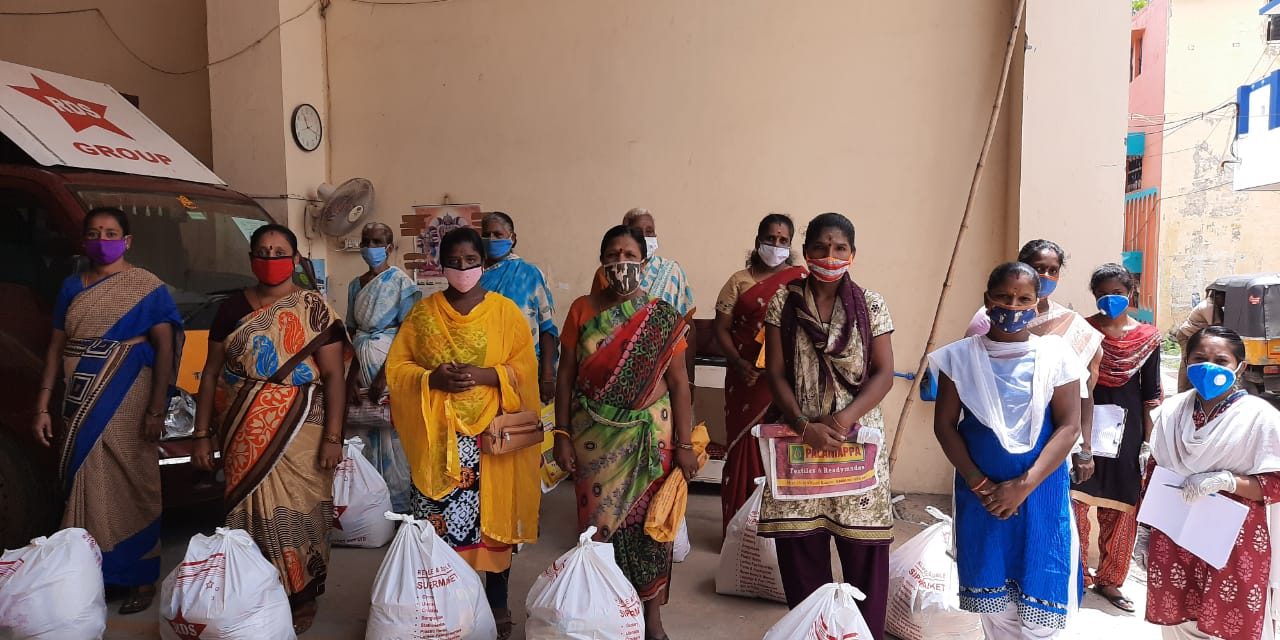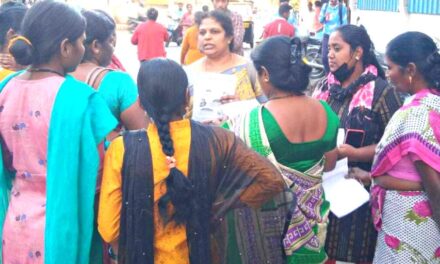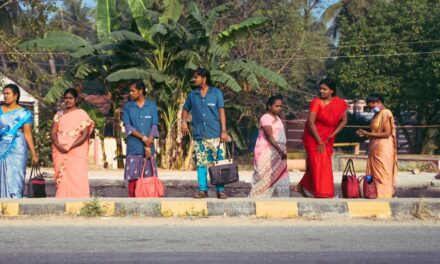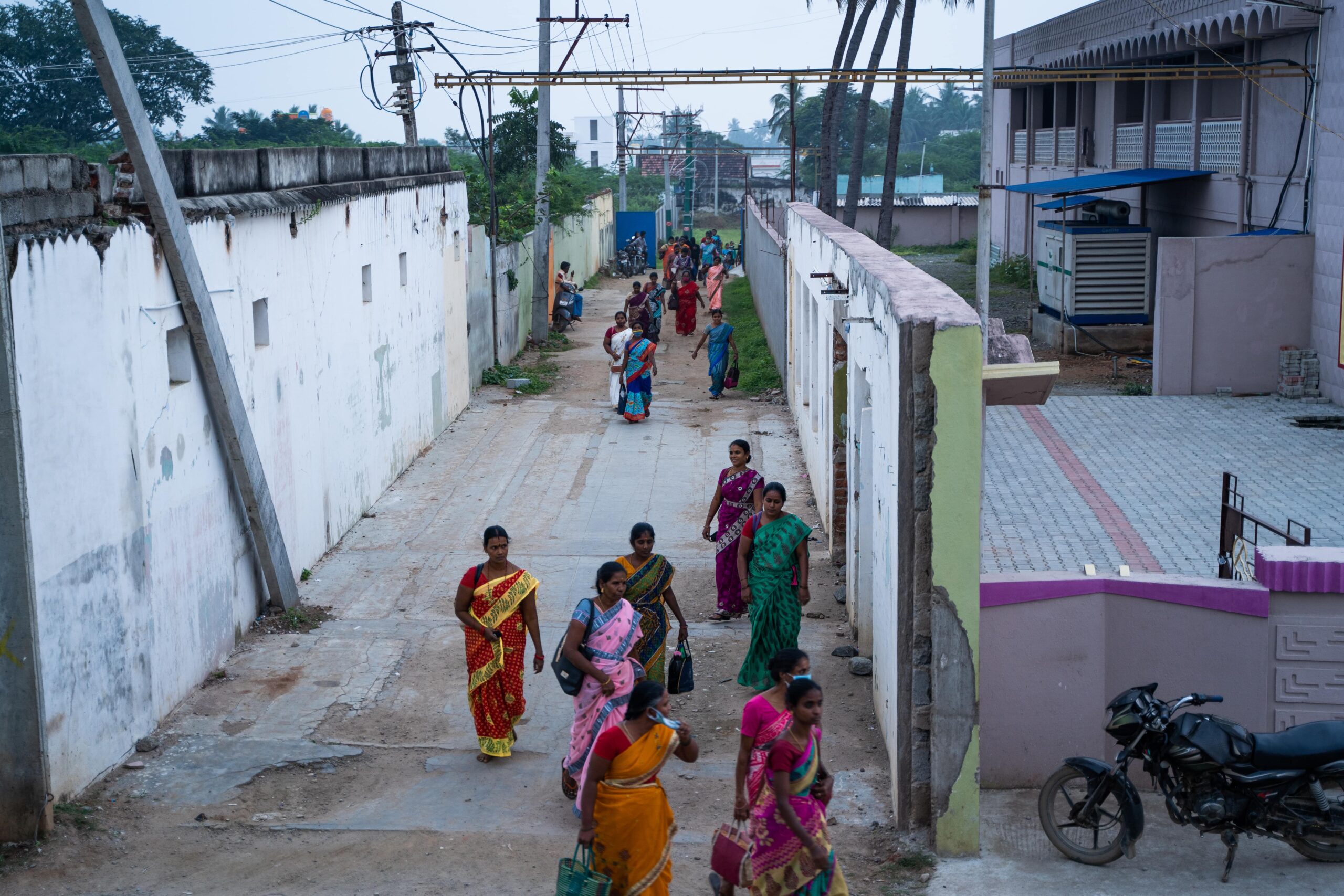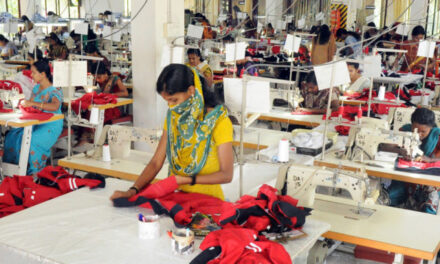The long and unpredicted lockdowns following the COVID-19 pandemic severely affected the entire country. After the first nationwide lockdown was announced on the 24th of March 2020, factories of all sizes were shut down indefinitely and the country’s entire workforce was asked to stay home. Not only was this a huge economic loss for the nation, but also the workers, especially the low salaried, informal workers who form almost 90% of the total workforce.
A 2020 ILO report indicated that over 400 million informal workers lost their jobs due to the first wave of COVID-19 in India, increasing poverty among the working class. As per the CMIE report, the first month (April 2020) of lockdown took away 30% of all employment and 121.5 million jobs: Of this 91.2 million jobs were those of hawkers, daily wage labourers, and small traders, and 17.7 million were salaried jobs.
Impact on leather manufacturing
A large proportion of jobs lost were in manufacturing sectors such as the readymade garment, leather, and footwear industries that cater to international export markets. The leather sector is a major industry in India which accounts for 13% of the world’s total leather production and provides employment to over 4.42 million people, the majority of whom work in the unorganised sector, such as small scale tanneries, shoe assembling & stitching workshops, and home-based units. The pandemic disrupted the entire global supply chain of this export-oriented industry. Around 50% of orders got canceled and 10 to 15% of orders were put on hold due to the closure of retail shops, unavailability of imported raw material, lack of transport, and workers being asked to stay home. This meant that orders estimated at around US$1 billion got canceled, with Tamil Nadu accounting for 37% of this. To manage this loss, factories resorted to measures like cutting salaries and downsizing.
Impact on leather workers
The Ambur- Vaniyambadi- Tirupattur region in the state of Tamil Nadu is home to more than 700 tanneries and leather/shoe factories that employ 1.5 lakh people directly. As per our field research, women comprise more than 80% of the workforce in tier-I factories in Tamil Nadu. Tanneries on the other hand, mostly employ men, majorly belonging to backward castes. To assess the impact of COVID on workers, Cividep India along with its partners INKOTA, Sudwind Institute, and SLD conducted a study in Ambur, Tamil Nadu, immediately after the first lockdown of 2020. The findings are detailed here.
Wage loss
Almost all the families sampled in the study received less than half of their standard income during the lockdown, and one-third had reported that their families had no income at all. Some did not get wages for March, and from March to June, the number of those who experienced major wage loss increased.
“The lockdown is a nightmare and I never expected it to prolong this much. Though I was happy for the first few days spent at home, April and May were a struggle for survival. I feared more for my job than about the virus.” – male tannery worker from Ambur, aged 42
Indebtedness
The loss of income pushed workers to borrow money for expenses like medical care, rent, electricity bills, school fees, and so on. For this, they were largely dependent on informal sources like friends, relatives, moneylenders, and microfinance agencies.
“I did not receive any salary during the lockdown and took a loan against some gold jewelry my wife had. These were our only savings. I do not know how I will manage my household expenses or pay interest for our loans from next month.” – male tannery worker from Vaniyambadi, aged 45
Nutrition and healthcare impacted
Unable to afford nutritious food like fruits, vegetables, eggs, and meat, workers relied solely on rice distributed by the PDS (Public Distribution System). A majority of workers were not covered under the Employee State Insurance (ESI) scheme whereas those covered, couldn’t withdraw any money owing to tedious procedures involved.
Those with chronically ill family members faced graver problems.
“I have two children. My second child (girl) was born with extremely low hemoglobin and needs a monthly blood transfusion, at a Chennai hospital. As we couldn’t travel, the doctor advised us to visit the district hospital. But because of the lack of blood donors, we had to travel to all nearby districts.” – a female beedi and sanitation worker
Layoffs and sustained unemployment
Illegal terminations and layoffs, with little or no compensation and formal notice, and pending dues, had become the norm. Out of 50 respondents, 16 stated that they were unable to start work despite the lockdown relaxation. All categories of workers (permanent, daily-wage, and contract) were affected.
“Just before the pandemic, I joined a shoe company as the income I earned by stitching shoes was not enough. Within three months, the company closed due to lockdown. I was not paid for the period but still hoped to resume work. Unfortunately, I was one among more than 1000 workers who were terminated.” — female homeworker, aged 34
Increased vulnerability of homeworkers
Home-based workers are largely women, who stitch shoe-uppers from their homes based on orders given by sub-contractors. Besides not getting new work, they were left with unpaid dues.
Moreover, they lost their already low bargaining power with the agents who pay them below minimum wage, as documented in this detailed article.
Relief measures
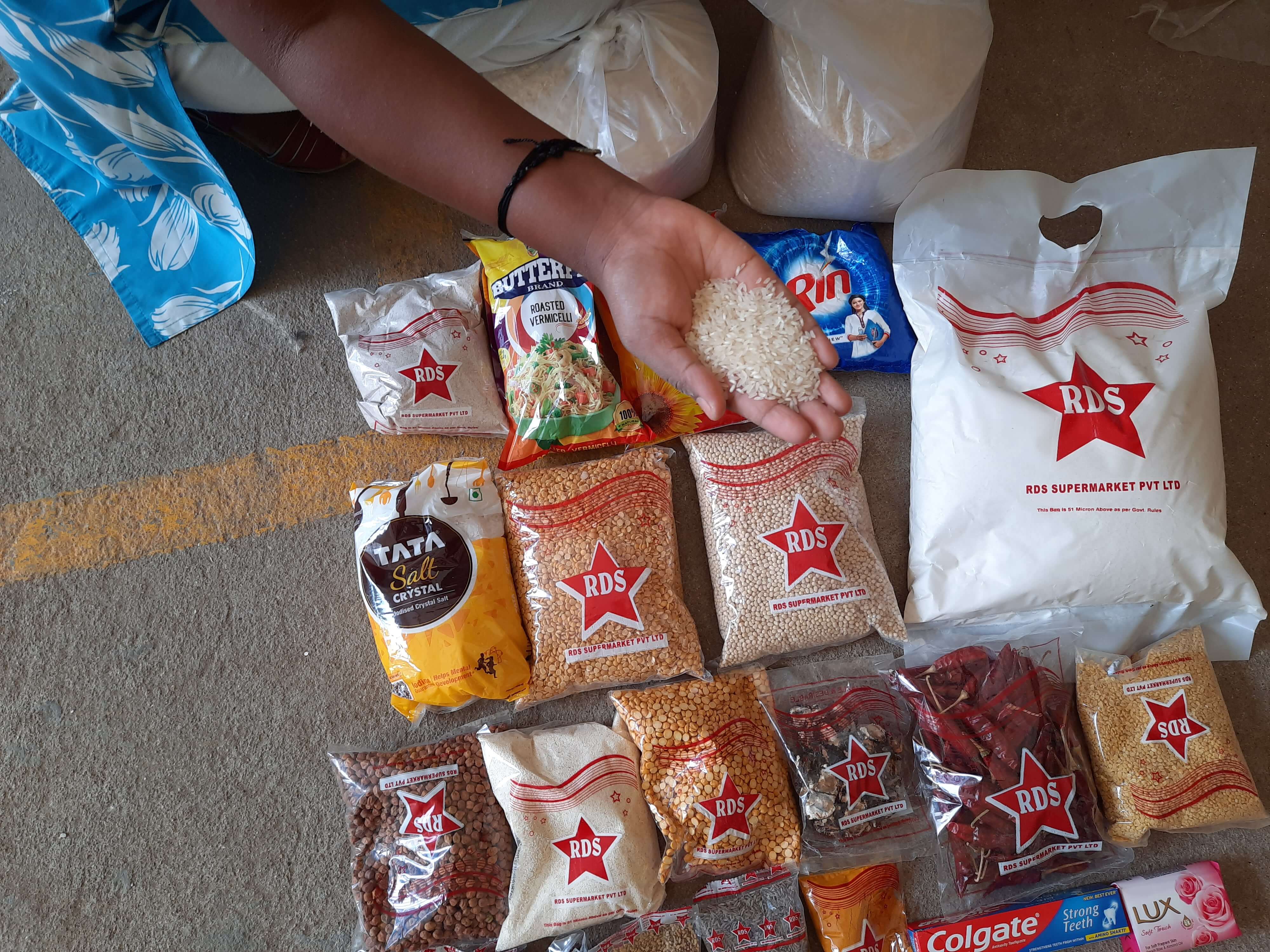
With the help of INKOTA, BMZ and Traidcraft, we extended support in the form of dry ration kits, cash transfers, and hygiene kits, to more than 1,500 factory workers, and homeworkers. Four types of households were selected:
- Women-headed households
- Households with at least one laid-off worker
- Scheduled Caste (SC)/Scheduled Tribe (ST) households
- Households with elderly and disabled members
Though limited, the support was helpful in easing financial burdens at a time of terrible uncertainty, as reflected in a workers’ words,
“I have been working in a shoe factory in Tirupattur for more than six years at a monthly wage of Rs. 6500/-. My husband was a carpenter who after sustaining injuries at work, is not able to earn any more. My entire family depends on my small income, through which we manage the rent and education fees of our two kids. During the lockdown, we managed to eat because of the rice from the PDS. Till the company opened in August, I worked in a job-work center for Rs. 150/- per day. I could not withdraw my PF money as my company did not support us. Though I have resumed work, the income isn’t enough as prices have increased. This ration kit by Cividep has thus been very useful.” – female factory worker, aged 37
Way forward
The UN Guiding Principles (UNGPs) on Business & Human Rights and the OECD Guidelines for Responsible Business Conduct hold that brands are responsible for ensuring human rights in their global supply chains. It is imperative that they protect the most vulnerable workers through crises like COVID-19. Some of the ways they can do this include: payment of pending dues to the supplier factories to help pay worker wages on time, mandating that workers get paid during the pandemic, being accountable for the cancellation of orders and the impact at all levels of the supply chain, and jointly starting initiatives for distressed workers.

